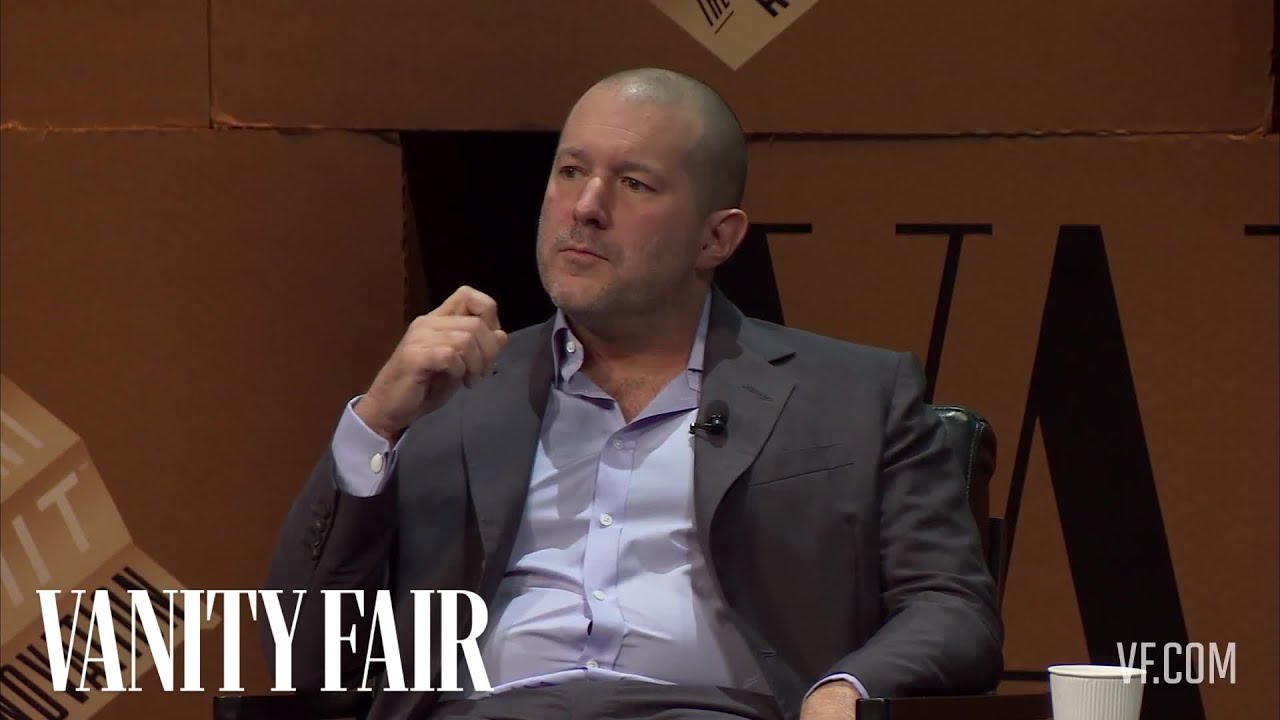I’m not the type to idolise celebrity businessfolk but there are certain ideas, mental models and nuggets of advice that live in my head rent-free.
One example is Steve Jobs’ perspective on setting priorities, which he articulated onstage at WWDC ’97: “Focusing is about saying no.”
That attitude clearly became embedded in Apple’s culture. Jony Ive cites it as one of the most important lessons he learnt from Jobs, adding “You can achieve so much when you truly focus.”
We will always have competing priorities in the Zcash ecosystem. Even if you set aside the question of how we should allocate funding between core protocol, app and wallet development, community outreach and education, regulatory engagement, research, and just focus on core protocol engineering, there are dozens of things we “should” be doing.
“We have to…”
“We need X.”
“It would be good to…”
“We should be prioritising Y.”
“Z is really important…”
“It would be nice to…”
The problem is that, if everything is a priority, that means nothing is a priority. Try to do everything, you’ll achieve nothing.
So, how do we decide what to prioritize?
At ZF, we’re guided by our strategy, which we frequently illustrate as a feedback loop.
Attracting more developers to contribute to and build on Zcash will lead to greater utility of ZEC and the Zcash network, thus leading to greater adoption and more users, who will, in turn, attract more developers.
However, a strategy is, by definition, high level. As such, you justify doing pretty much anything by explaining how it contributes to any of the four pillars of this strategy.
Instead, when t comes to setting priorities, we talk about “moving the needle” on one of our four strategic pillars - i.e. to what extent will an action or activity lead to a meaningful positive change in terms of persuading more people to start using Zcash, attracting more developers to build on or contribute to Zcash, improving Zcash’s utility, and (arguably the ultimate goal) increasing adoption of Zcash.
Looking at where we are today through that lens, I believe that the single most impactful thing we can do to move the needle on Zcash adoption is to deploy ZSAs.
In my opinion, anything that does not lie on the critical path for achieving that objective should be set aside until ZSAs have been deployed on mainnet. Every person that can contribute towards achieving that objective should be working on nothing else, and if we can recruit more resources that will accelerate our progress towards that objective, we should do so. The scope of NU7 should be slimmed down as much as is reasonably possible (by which I mean that including transaction format changes required for the future deployment of new features should be included, but the features themselves should be pushed to future network upgrades).
However, I fear that we are about to be massively distracted by a push to define and implement a mechanism to distribute funds from the Lockbox, which will suck resources away from the work needed to deprecate zcashd, and deploy ZSAs (and, to be clear, ZSAs cannot be deployed on mainnet until zcash is deprecated). Even the process of drafting and reviewing ZIPs for proposals is a distraction, let alone the work required to implement them.
Therefore, I propose that, as a community and an ecosystem, we agree to set aside the Lockbox issue until the work required to deploy ZSAs is complete.
The obvious question is “What about ECC?”
If we’re lucky, the market value of ECC’s STRK, BLD and ZEC holdings will recover to the level they were at in mid-December, thus extending ECC’s runway back out to four years. However, we need a plan B, and I propose that should be that ECC receives funding from ZCG.
Unlike ZIP 1014 (which stipulated that Bootstrap, ECC and ZF were ineligible to receive Major Grants) , ZIP 1015 places no restrictions on who can receive grant funding from ZCG.
Therefore, ECC can apply to ZCG for funding to ensure that it can continue to operate. At the current ZECUSD price of $34.85, the value of the current ZCG treasury plus the ZEC that it will accrue over the rest of the current (second) Dev Fund is a little over $4.4m.
I also propose that we extend the current Dev Fund by one year. Doing so is a simple change, and will ensure that we have sufficient time to agree and implement a long-term resolution to the question of how we fund Zcash development, and will provide the funds to replenish the ZCG treasury
To paraphrase Thomas Sowell, there are no solutions to the situation we face. There are only trade-offs.
I vote that we choose the trade-off that will deliver ZSAs as quickly as possible, and move the needle on Zcash adoption.
For the record, the views expressed herein are my personal opinions, not an “official” ZF position.



